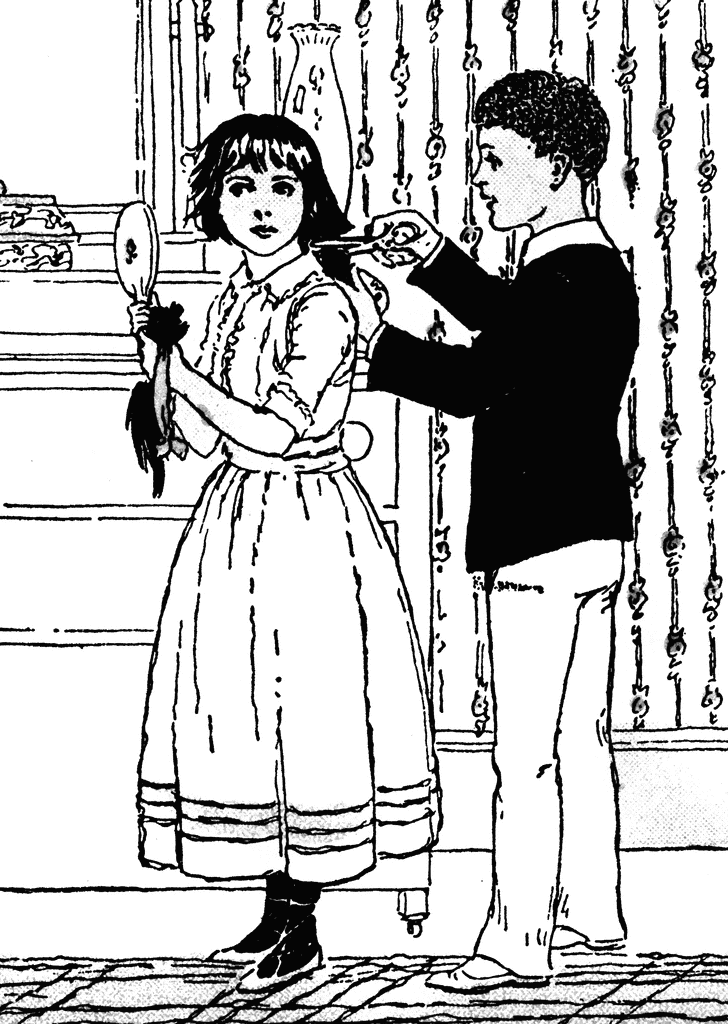
I have just finished the first book on my Victorian reading list, George Eliot’s The Mill on the Floss. I read Middlemarch last year and enjoyed it – it reminded me of a provincial forerunner to A Portrait of a Lady. I loved Dorothea Brooke’s intelligence and idealism, even in the face of a stupendously foolish marriage.
I preferred Middlemarch to Mill on the Floss, but enjoyed Eliot’s portrayal of a sister and a brother at odds with each other and, in the sister’s case, with herself. Of course, as A.S. Byatt said, Maggie Tulliver, the novel’s impulsive, passionate and feeling young protagonist, deserves a better ending. I was impressed by the psychological sensitivity of Eliot’s characters, the battles of wills and of conscience, the conflict between self and community, between love and duty, between experience and renunciation.
I think Maggie’s stumbling self-doubt is largely a result of the cruel strictures historically placed on young women. From a young age she is denigrated by female relatives who see her imaginative playfulness and independence as wickedness and subversion; her judicial brother sees her mischief as moral laxity and punishes her by withholding the affection she needs. Where has she to go but renunciation?
I am impressed not only by Eliot’s unruffled realism and sensitive probing, but also her evident education – her knowledge of Greek and Latin, the Bible, theology, the natural sciences, the ways of mills and farmers and lawyers and clergymen and businessmen. Her stage is much broader and her ideas and themes wider than Austen’s or the Bröntes’ and I am excited to discover what Adam Bede holds…
Comments